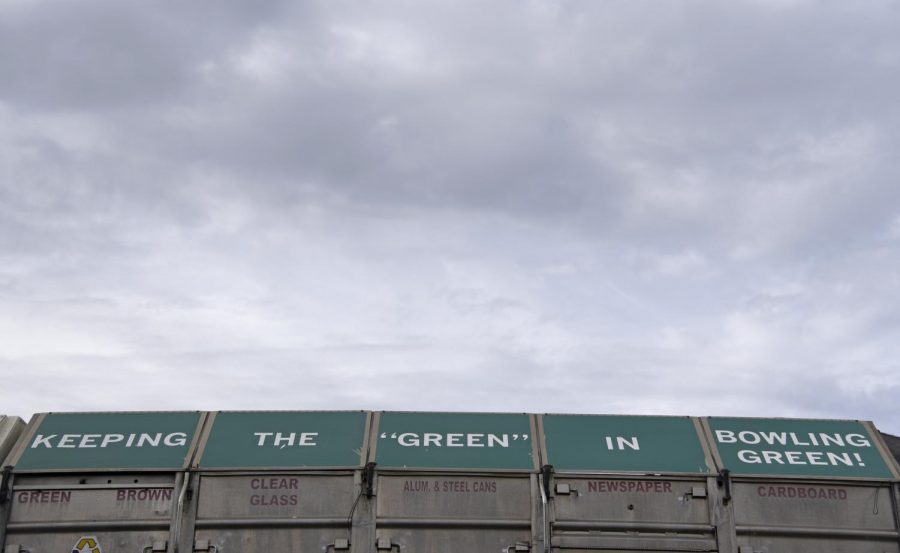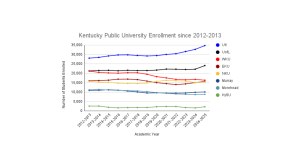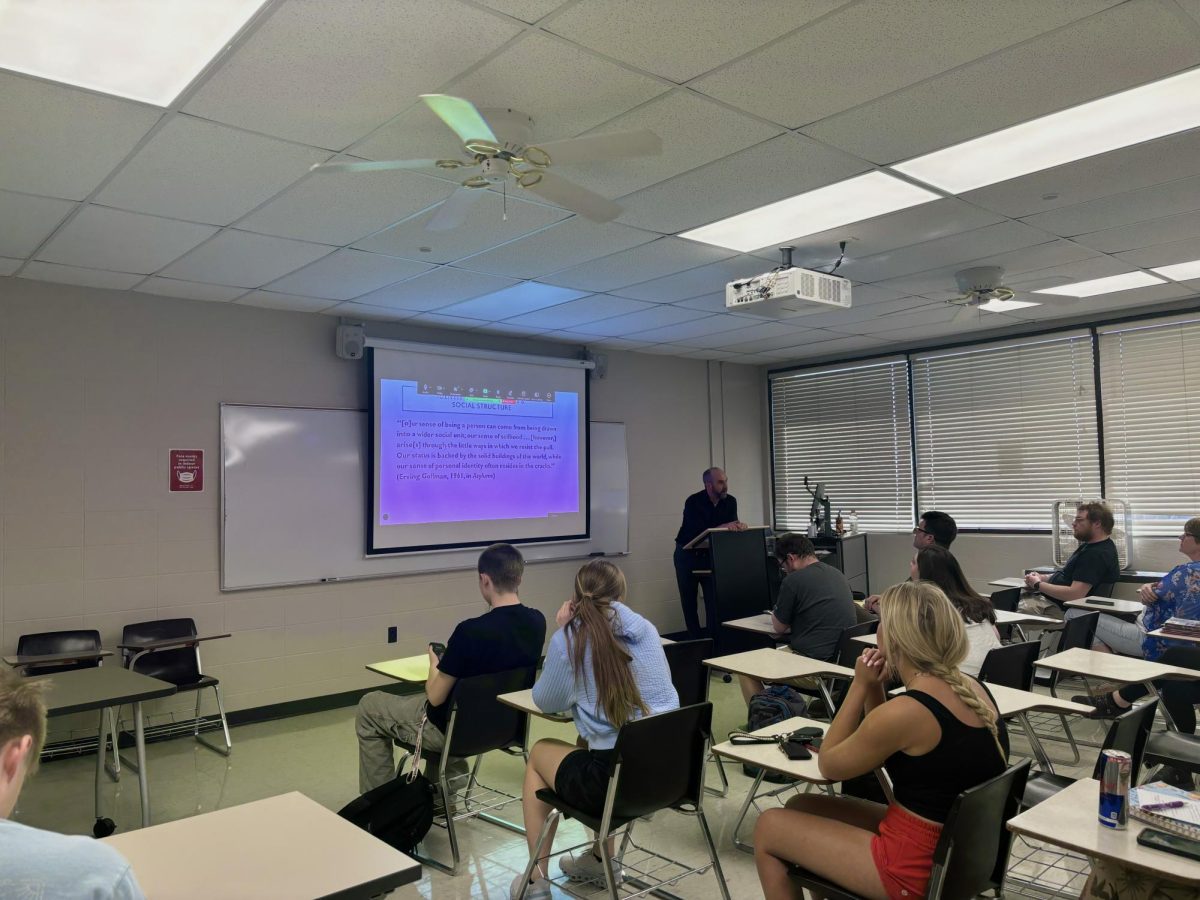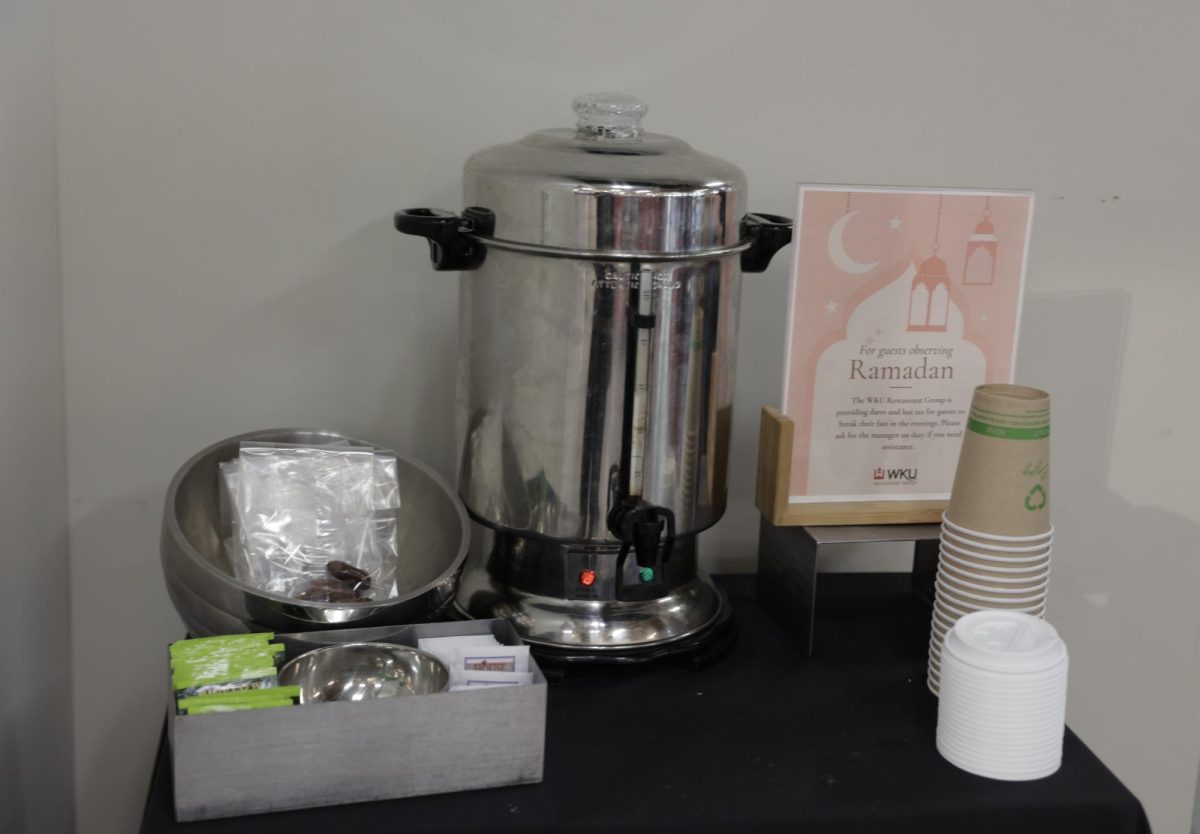The end of curbside recycling pickup in Warren County
February 4, 2020
Southern Recycling, Bowling Green’s primary curbside recycling pickup service, has announced it will halt curbside pickup services by March 31.
Residents of Warren County who receive curbside pickup currently pay $2.65 per month for the service. However, to fill operational costs and fully fund the service, customers would need to pay $18 per month.
Southern Recycling is losing an estimated $30,000 per month due to the lower costs residents of Warren County pay for curbside recycling.
WKU works with WestRock Recycling, an Atlanta-based recycling company that offers many post-consumer product services. WKU’s recycling gets transported to a WestRock Recyling facility in Louisville.
The university’s recycling processes and collection will not be affected by the recycling pickup stoppage in Warren County. Any residents of the county are welcome to take their recyclable items to the Service and Supply lot, where there are bins reserved for the surrounding community.
Recyclable items such as plastic cups, bottles and paper products are dropped into one container. Larger cardboard is sifted out of the bins, and all recyclables are sorted and officially recycled off campus, according to WKU’s recycling webpage.
“We encourage faculty and staff to reduce and reuse first,” said Courtney Martin, Assistant Coordinator of Resource Conservation at WKU. “The best and biggest impact is to first reduce waste and reuse it as they can.”
Bowling Green is among many other cities around the country that have stopped recycling services due to decreased funding.
More than 60 curbside recycling services across the country have been deferred or stopped completely, according to Waste Dive, an analytic news source focusing on recycling and sustainability. In May 2019, Lexington stopped accepting mixed paper in curbside pick-up programs, citing “changes in the global marketplace.”
In January 2018, China implemented the National Sword policy, which cuts down on certain recyclable imports coming into the country. In 2019, a year after the regulation passed, China’s plastic imports dropped by 99.1% and paper imports decreased by 39%. These changes mean many recyclables are not being purchased; therefore recycling centers around the U.S. are in similar trouble because they have fewer customers.
“Although a lot of these issues have sprung from China not taking our recycling, we should feel empowered to build up domestically,” Martin said.
Southern Recycling, owned by local Houchen Industries, is not getting as many product buyers as before the National Sword policy came into play.
This lack of consumers is the main reason that the recycling agency cannot fill operational costs.
News reporter Cassady Lamb can be reached at cassady.lamb667@topper. wku.edu.
















